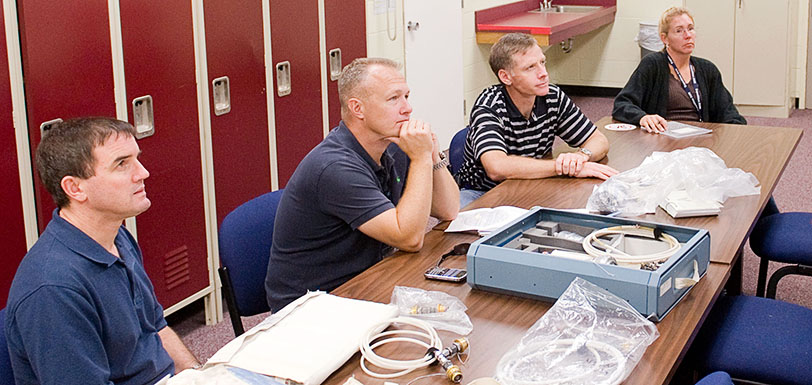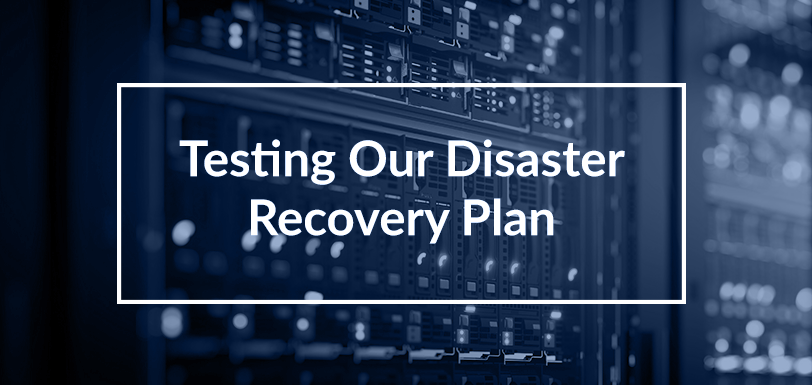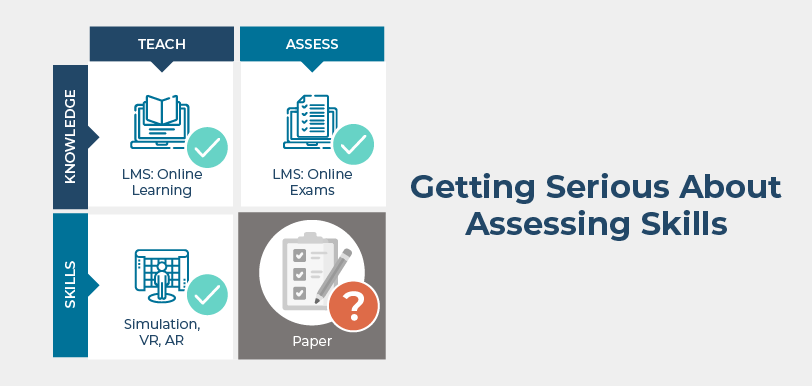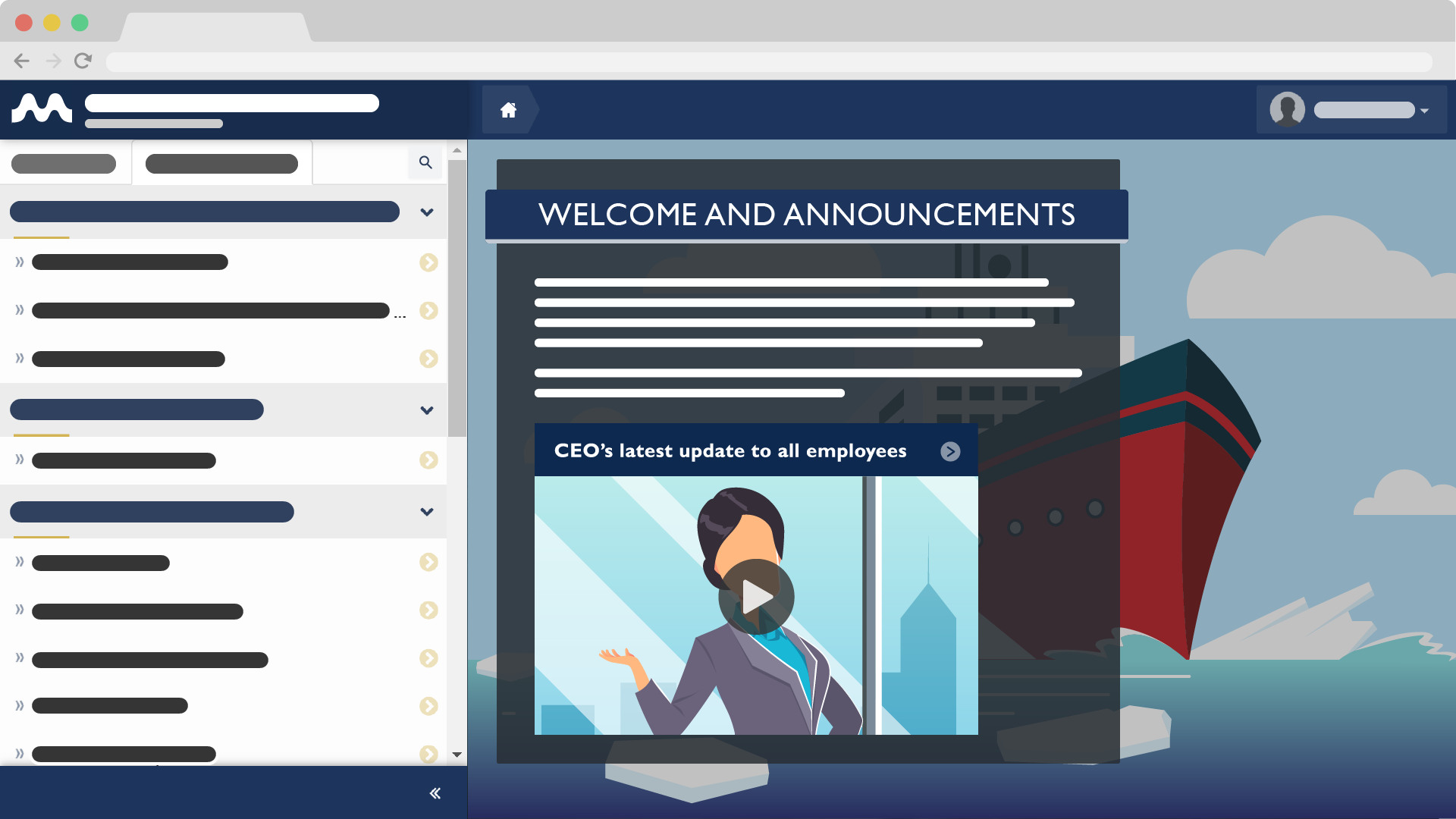Why is Maritime Training 15 Years Behind?
Jul 20, 2015 Murray Goldberg 2 eLearning, Maritime TrainingI have been involved in eLearning research and development since the mid 1990’s. It was an amazing time. The world was discovering that eLearning could improve educational access, efficiency, and most importantly educational effectiveness (yes – people actually learned better!). This was remarkable because it seemed that education really hadn’t changed significantly in thousands of years – and now we had discovered something that was a game-changer. Finally.
Before long, almost every modern university and large company had chosen an LMS and was using it to deliver, track and improve their learning programs. As a student at a university or an employee at a large organization, you might not have been aware that you were using an LMS. However, if you took any online courses, you almost certainly were.
So, as you would expect with any positive, disruptive change, eLearning swept the world. I left my faculty position at the university and transitioned from eLearning research to eLearning development. My company at that time, WebCT, grew to serve 4,000 universities in 80 countries.
But Not in the Maritime Industry
When I became involved with the maritime industry in 2007, there was not an LMS in sight. At least not one for the vast majority of maritime employees – those who worked at sea. Why did the maritime industry seem to be immune to the positive changes all around it over the preceding 12 years?
The answer given to me, one I think we are often too readily willing to accept, was that the maritime industry is, by nature, a cautious and traditional industry. Nothing changes fast, and new ideas are looked at with skepticism.
The answer seemed unsatisfactory to me – mostly because the people I was engaged with were anything but slow-moving or adverse to change. On the contrary – these were passionate and intelligent trainers looking to advance the state of maritime training. If there was an opportunity to improve training, they were willing to try it.
So if the issue was not one of a reluctance to adapt, then where was eLearning in maritime training? The answer was a real surprise to me.
Lack of Tools
Learning management systems had been around for over ten years and had reached the point of near ubiquity. Yet they were largely absent from the maritime industry. Why?
Most LMS’s were born the same way WebCT was born. They were created for universities – sometimes by university faculty. Therefore, they were built to address the university teaching model. This meant many things. Most importantly, there was an assumption that:
- All students had internet connectivity (because all university students do have connectivity).
- Two people taking the same course required the same knowledge. If two students both take Chemistry 101 at the same university – then they are both required to learn the exact same knowledge.
The problem with this model is that it completely breaks in the maritime industry.
First, connectivity is a problem at sea. It ranges from slow and expensive at best, to unreliable and non-existent at worst. So training on the “job site” (on board) is a challenge.
Secondly, unlike the case for two university students, the knowledge required by two maritime workers is almost never the same. While it is true that all trainees studying to become deckhands do require a common set of basic knowledge, that ends the moment they step onto their respective vessels. Each vessel has its own mix of equipment, routines to follow, layout, etc. While a university might offer 20 different chemistry courses, a maritime organization might need to offer hundreds or thousands of different “courses” – one for each unique combination of job, vessel, and even the route. Creating and maintaining such a library of courses to address the specific training needs of each member of an organization is not practical.
The eLearning Era in Maritime Training
So – it became clear that the lack of an appropriate LMS, not a lack of desire nor a lack of innovative spirit, was the cause for the maritime industry being 15 years behind most of the rest of the world in terms of its adoption of sophisticated eLearning.
Fortunately, there are now solutions available specifically designed to solve the problems identified above. The advent of these solutions is a significant event for maritime training – one that cannot be easily overstated. In exactly the same way that the advent of the original LMS was a milestone for higher education and general corporate training, this is a milestone for the maritime industry. Finally we are able to take advantage of the improved access to training and improved training outcomes that nearly every other industry has had access to for 20 years. Having experienced those educational revolutions and the passion and excitement they engendered in educators, I cannot tell you how excited I am to be a part of this new training era in the maritime industry.
Blog Notifications:
For email notifications of new maritime training articles, please follow this blog.
Interested in Marine Learning Systems?
Contact us here to learn how you can upgrade your training delivery and management process to achieve superior safety and crew performance.







I’m glad reading your articles in this new designed web pages. Nice to know that you are devoting more time again for maritime training. The maritime trainers and seafarers need you!
Dear Capt. Palenzuela –
It is fantastic to hear from you and I thank you for the very kind words. It is wonderful to be writing again – mostly because of the way it allows me to connect with people like you.
Thank you and best regards.
Murray.